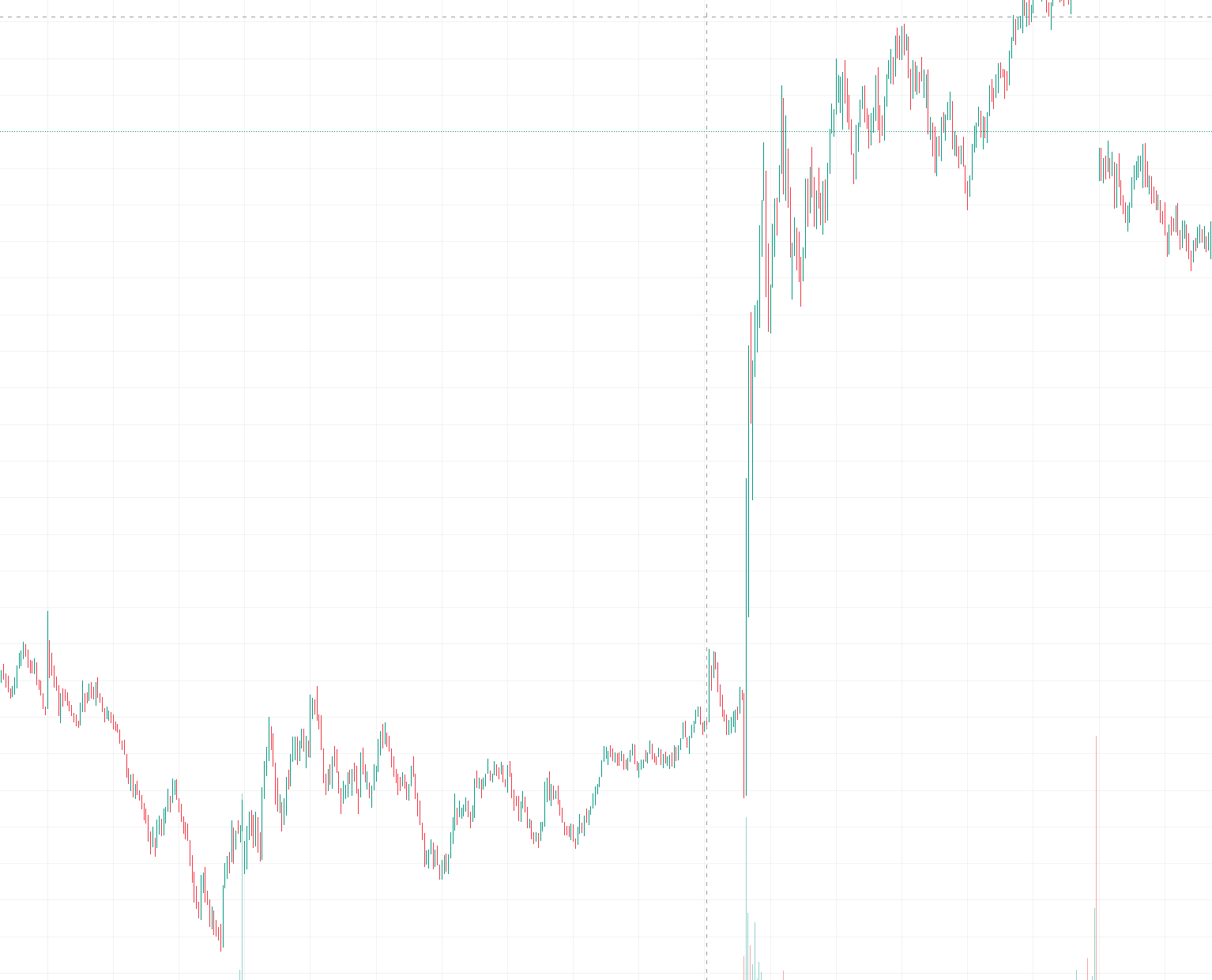https://www.sec.gov/Archives/edgar/data/886244/000110465925040257/tm2512919d2_497.htmThe UBS Funds
Prospectus Supplement | April 28, 202
5Includes:
• UBS U.S. Small Cap Growth Fund
Dear Investor,
The purpose of this supplement to the Prospectuses for UBS U.S. Small Cap Growth Fund (the "Fund"), a series of The UBS Funds (the "Trust"), dated October 28, 2024, previously supplemented, is to notify you that the Board of Trustees (the "Board") of the Trust has approved certain actions to liquidate and dissolve the Fund.
UBS Asset Management (Americas) LLC ("UBS AM"), the investment advisor to the Fund, has announced that it will cease to offer the investment strategy pursued by the Fund (the U.S. Small Cap Growth strategy). Based upon information provided by UBS AM, the Board determined that it is in the best interests of the Fund and its shareholders to liquidate and dissolve the Fund pursuant to a Plan of Liquidation (the "Plan").
The liquidation is expected to be completed on or about August 1, 202
5 (the "Liquidation Date"). The liquidation may be delayed if unforeseen circumstances arise.
Liquidation of the Fund
The Plan provides that: (a) all the Fund's assets be converted into cash or cash equivalents or be otherwise liquidated and (b) the Fund distribute pro rata to its shareholders all of its existing assets, in a complete liquidation of the Fund. At any time prior to the Liquidation Date, shareholders may exchange their shares of the Fund for shares of the same class of any Family Funds ("Family Funds" include other UBS Funds, PACE Select funds and other funds for which UBS Asset Management (US) Inc. serves as principal underwriter), as described under "Managing your fund account—Exchanging Shares" in the Prospectuses. Shareholders may also redeem their shares of the Fund and receive the net asset value thereof, pursuant to the procedures set forth under "Managing your fund account—Selling shares" in the Prospectuses.
On the Liquidation Date, all remaining shareholders will have their accounts liquidated and the proceeds will be delivered to them. The liquidation will be considered a taxable transaction, and shareholders may recognize a gain or loss for Federal income tax purposes. Shareholders may wish to consult their tax advisers regarding the effect of the Fund's liquidation in light of their individual circumstances.
In preparation for the liquidation of the Fund, the Fund's assets may be invested in money market instruments or held in cash. In this regard, the Fund will no longer be investing with a goal of achieving its investment objective, but instead to position for liquidation. To the extent the Fund holds cash or cash equivalents rather than securities or other instruments in which it primarily has invested, the Fund risks losing opportunities to participate in market appreciation and may experience potentially lower returns than the Fund's benchmark or other funds that remain fully invested.
ZS-1277
Closure of Fund to new investments and exchanges
Given the upcoming liquidation, the Board has approved the closure of the Fund to new investments, effective May
5, 202
5, with the following two exceptions: (1) additional purchases by existing shareholders through certain retirement plans, for whom the closure date is July 1, 202
5, and (2) purchases by existing shareholders through dividend reinvestment. This means that effective May
5, 202
5, purchases by new investors, additional purchases by existing shareholders, and purchases through exchanges from other funds will cease, except as noted above. The Fund reserves the right to change this policy at any time. Of course, shareholders will continue to be able to exchange or redeem their shares in accordance with the policies in the Prospectuses, as noted above.
Elimination of contingent deferred sales charges on redemptions
Also in connection with the liquidation, effective May
5, 202
5, all contingent deferred sales charges ("CDSC") assessed on redemptions that are charged on Class A shares (on purchases over $1 million) are eliminated. With respect to exchanges of shares of the Fund for shares of another Family Fund, the length of time you held your shares of the Fund will still be considered when determining whether you must pay a CDSC when you sell the shares of the Family Fund acquired in the exchange.
Effective August 1, 202
5, the Prospectuses, which also offer other series of the Trust, are revised to delete in their entirety all references to the Fund.
PLEASE BE SURE TO RETAIN THIS IMPORTANT INFORMATION FOR FUTURE REFERENCE.
2
The UBS Funds
Supplement to the Statement of Additional Information | April 28, 202
5Includes:
• UBS U.S. Small Cap Growth Fund
Dear Investor,
The purpose of this supplement to the Statement of Additional Information ("SAI") for UBS U.S. Small Cap Growth Fund (the "Fund"), a series of The UBS Funds (the "Trust"), dated October 28, 2024, previously supplemented, is to notify you that the Board of Trustees of the Trust has approved certain actions to liquidate and dissolve the Fund.
The liquidation of the Fund is expected to be completed on or about August 1, 202
5. In connection with the Fund's liquidation, effective August 1, 202
5, the SAI is revised to delete in its entirety all references to the Fund.
PLEASE BE SURE TO RETAIN THIS IMPORTANT INFORMATION FOR FUTURE REFERENCE.
ZS-1278
